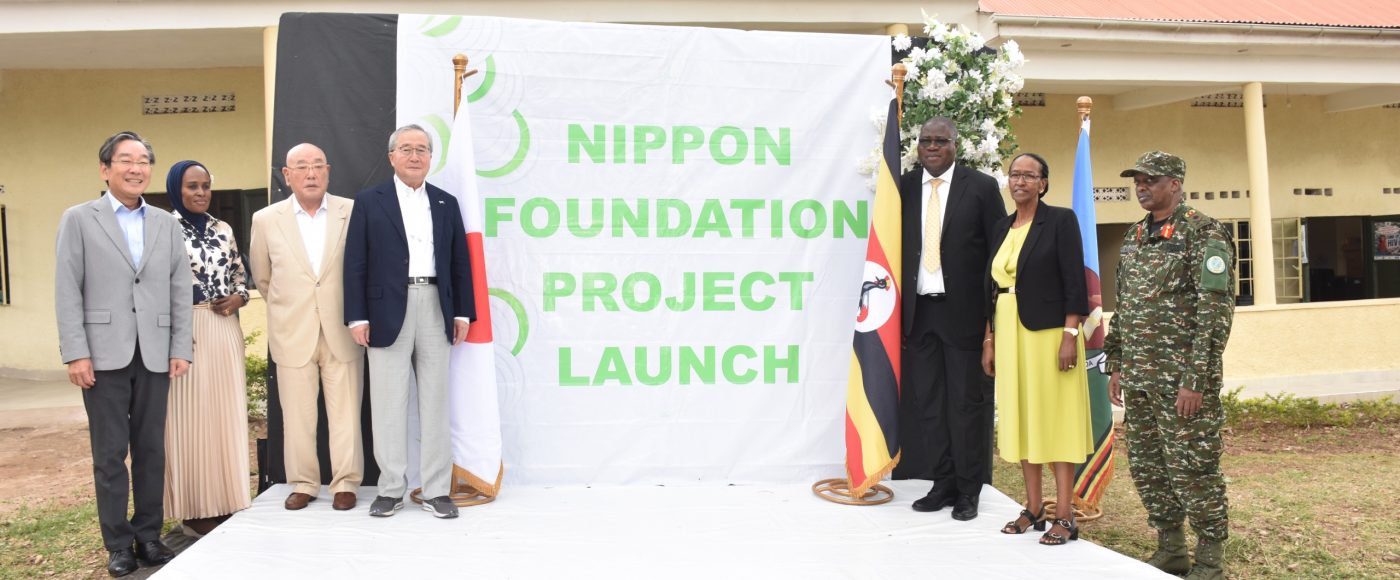
Uganda, Japan Partner to Empower Injured Servicemen and Veterans

The Minister of Defence and Veteran Affairs, Hon. Jacob Marksons Oboth, has launched a Japan-funded project designed to rehabilitate and empower war-affected veterans and injured servicemen and women with psychosocial and vocational skills at the Defence Forces Rehabilitation and Vocational Centre in Mubende.
The USD 478,577 project, financed by the Nippon Foundation, is under “Consolidating Physical and Psychosocial Services at Mubende Rehabilitation Centre and Establishing a Veterans Skilling Centre in Kakiri.” It aims to improve medical rehabilitation, counselling, vocational training, and community reintegration for injured servicemen, veterans, and their families.
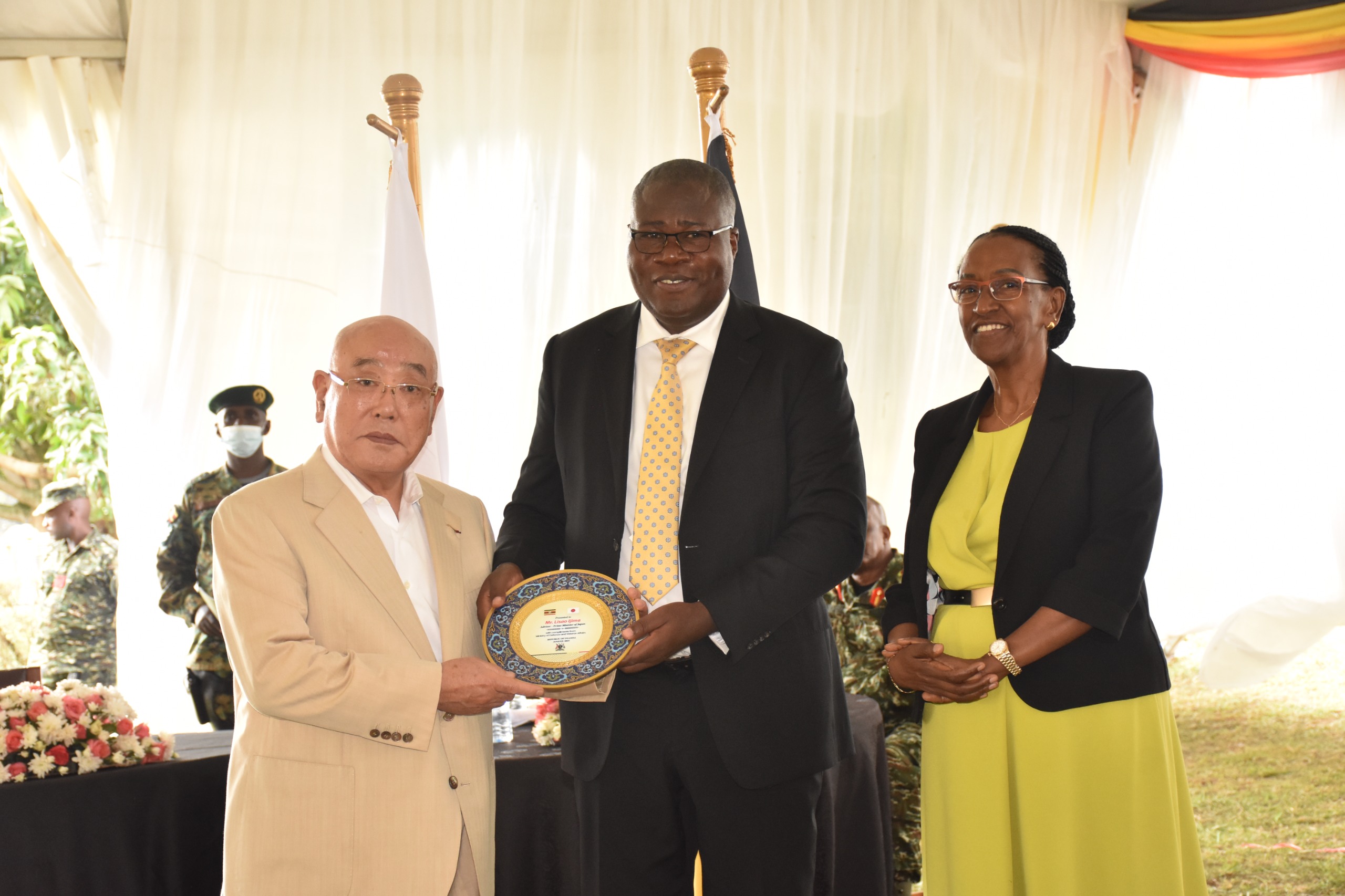
Hon. Oboth praised the Government of Japan and the Nippon Foundation for their generosity, describing the initiative as a critical milestone in supporting those who have sacrificed for Uganda’s peace. “This project represents a significant step forward in strengthening the welfare and dignity of our veterans and serving soldiers who have sacrificed for the peace and security of our beloved country,” Hon. Oboth said.
The Minister reflected on Uganda’s turbulent post-independence history, noting that the country endured eight government changes in two decades, which left institutional scars. He emphasised that while Uganda is now recognised as a key peacekeeper on the continent, this legacy has not come without sacrifice, as many soldiers bear visible and invisible wounds of war. “The Nippon Foundation project is a blueprint for inclusive development, a model for civil-military synergy, and a testament to Uganda’s enduring commitment to peace, dignity, and transformation. Let us build as we heal,” he appealed.
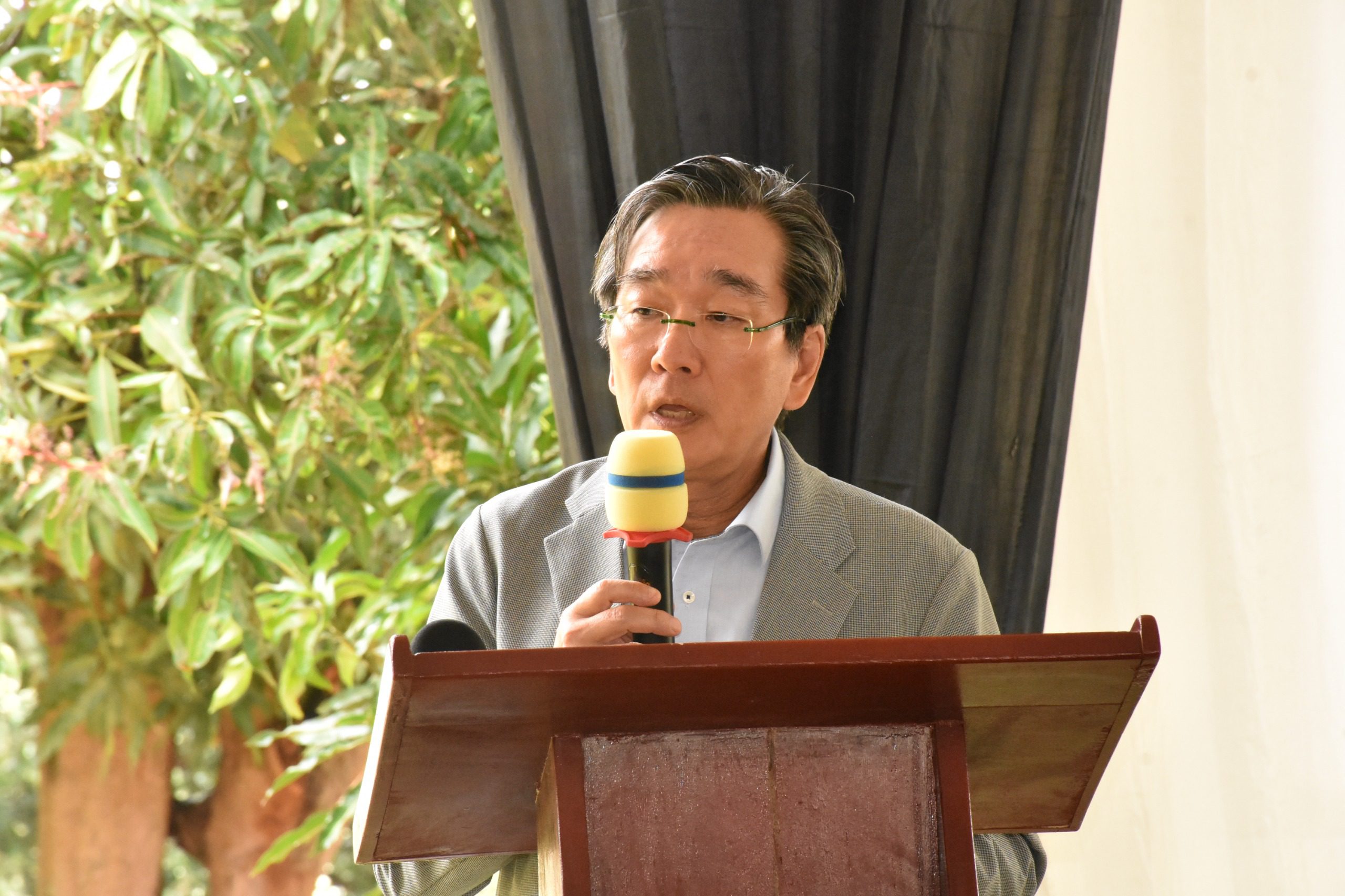
The Japanese Ambassador to Uganda, H.E. Takuya Sasayama, commended the UPDF for its service to Uganda and the wider region, noting that Japan’s support was anchored in the long-standing cooperation between the UPDF and the Japan Self-Defence Forces through United Nations peacekeeping missions. “I commend my seniors for keeping their word made more than seven years ago, which today has become a reality. This project reflects our shared belief that security is not only about military strength, but also about how we care for those who have borne the burden of defending our nations,” H.E. Sasayama said.
He added that Japan remains committed to working closely with Uganda to identify more opportunities for collaboration.
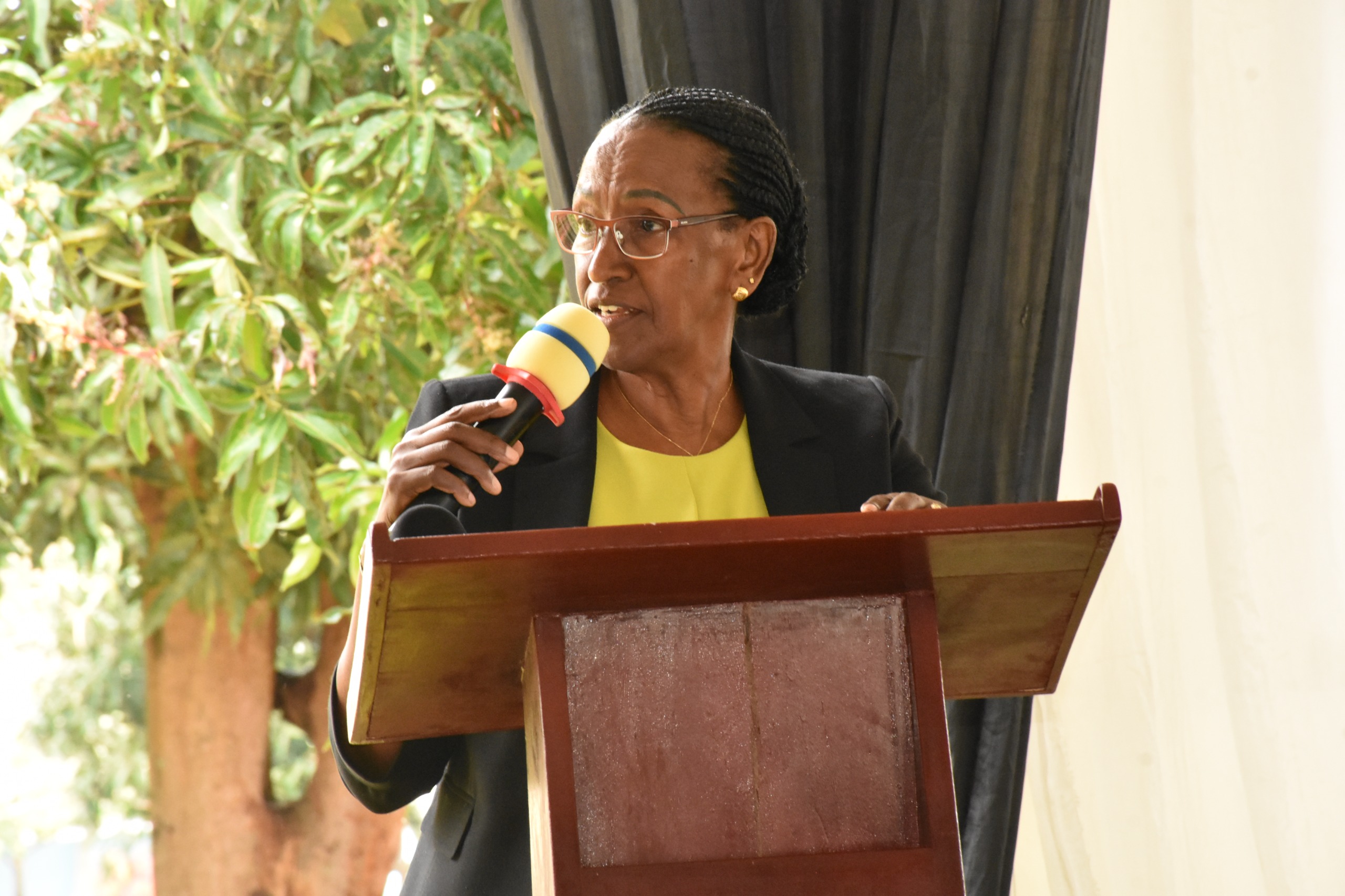
The Defence Permanent Secretary, Mrs Rosette Byengoma stressed that the project was timely and vital because rehabilitation is not only about restoring physical health, but also about rebuilding confidence, resilience, and dignity.
She added that Uganda remains grateful to Japan for its continued partnership, demonstrating that “true security is measured not only by military strength, but by how a nation cares for its veterans.”
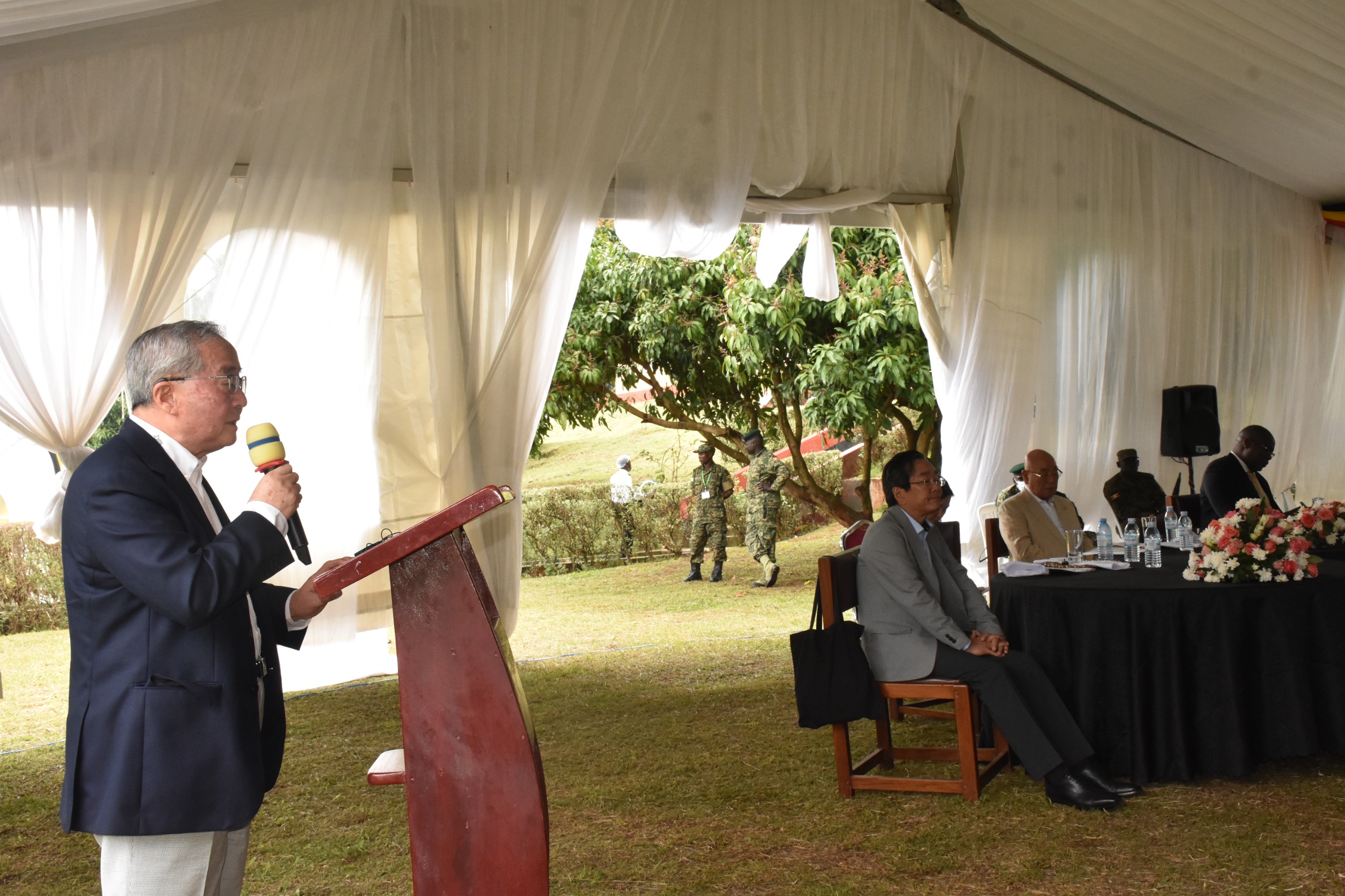
Mr. Takeju Ogata, Chairperson of the Nippon Foundation, expressed optimism that the donation would significantly improve the lives of injured soldiers and veterans.
He described the launch day’s rainfall as symbolic of the bond between nature and humanity, and of the growth of Uganda–Japan friendship. “We are grateful that our Foundation can contribute to the welfare of soldiers injured in war, especially those who served to protect people outside Uganda. I hope for a day when the world will be free of conflict, but until then, we must care for those who continue to be wounded while sacrificing their lives for others,” Mr. Ogata said.
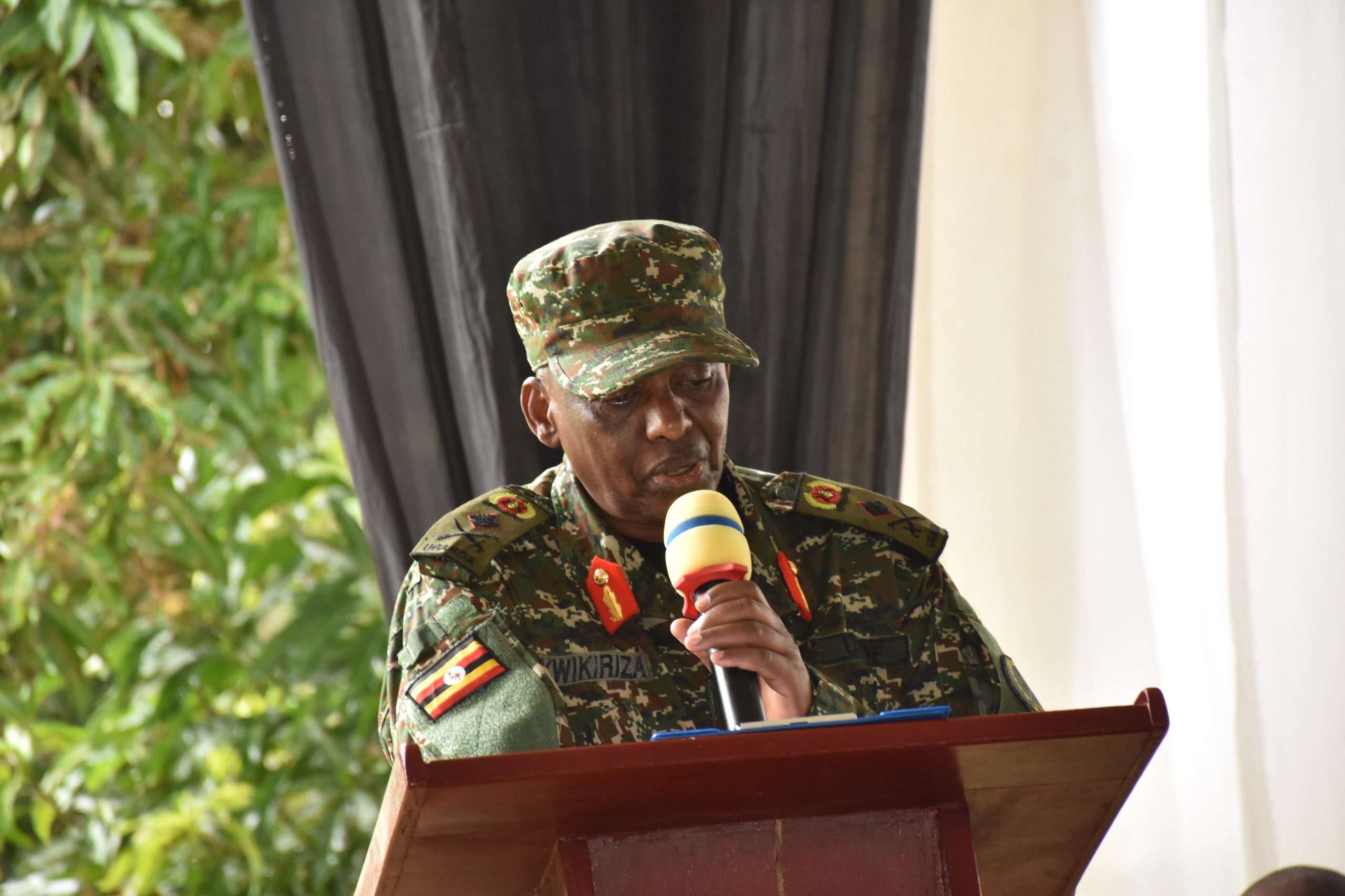
Brig Gen Moses Kwikiriza, the Commandant of the Defence Forces Rehabilitation and Vocational Centre, welcomed the project as a boost to ongoing efforts to rehabilitate and reintegrate veterans. “Today’s occasion marks a vital step forward in our commitment to care, rehabilitate and reintegrate our injured service personnel and veterans into society. The equipment donated will make a real difference in the lives of those undergoing the rehabilitation program,” he said.
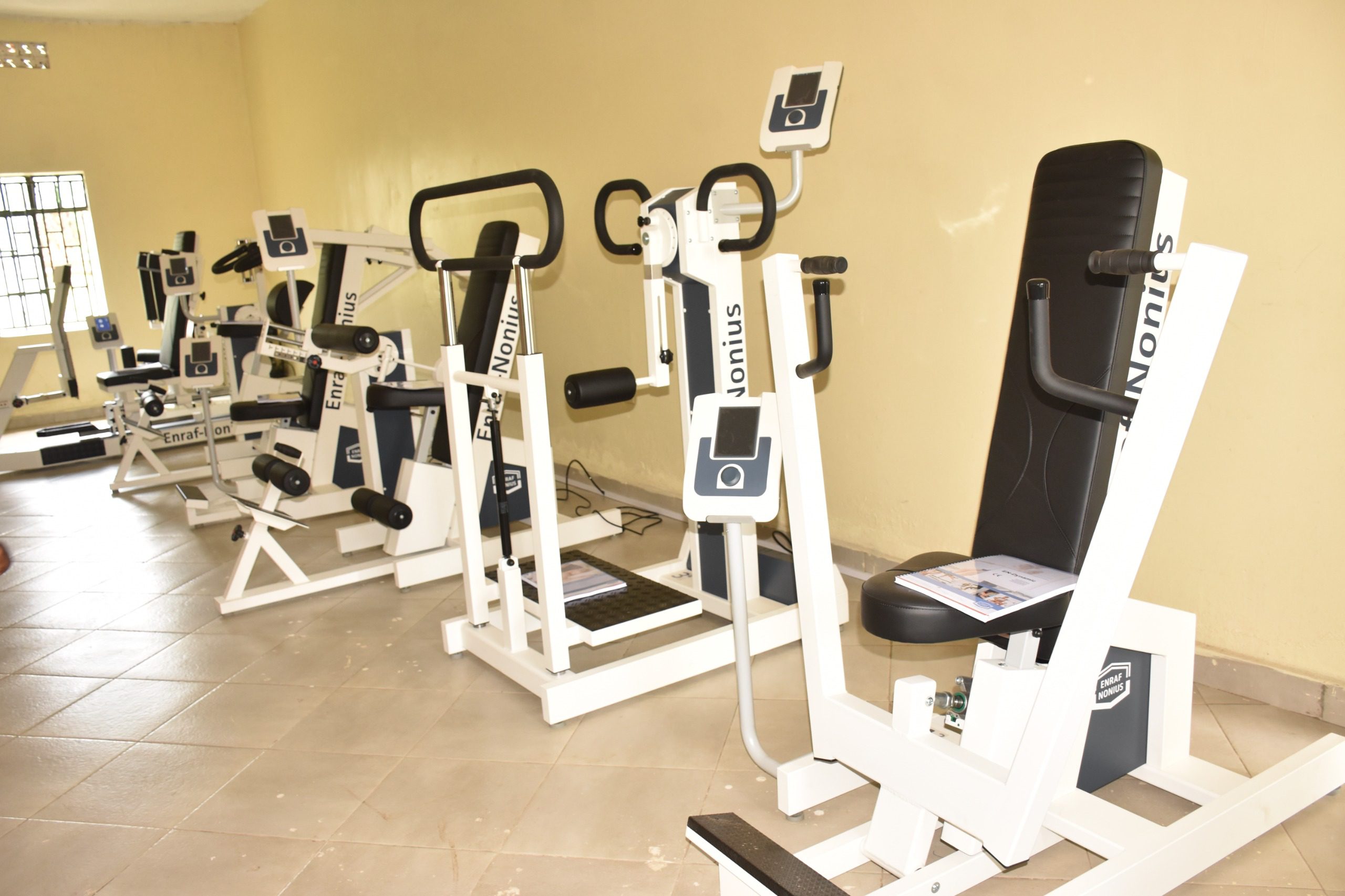
He added that the new facilities and training would help widen and modernise the Centre’s rehabilitation programs. “This effort would not have been possible without the support of His Excellency the President, the UPDF leadership, our Japanese partners, and the dedicated staff and healthcare professionals whose work reflects the highest standards of service and compassion,” Brig Gen Kwikiriza noted.
The launch was attended by senior UPDF officers, Ministry of Defence officials, Japanese officials, local government leaders, and representatives of veteran associations.
The Defence Forces Rehabilitation and Vocational Centre, which was previously known as the Chieftaincy of Mubende Rehabilitation Centre, was established in 1986 to rehabilitate soldiers disabled in war. It provides prosthetic limbs, hearing aids, mental health support, and vocational training, with the mission of restoring the dignity and livelihoods of injured soldiers and preparing them for redeployment or civilian employment.
